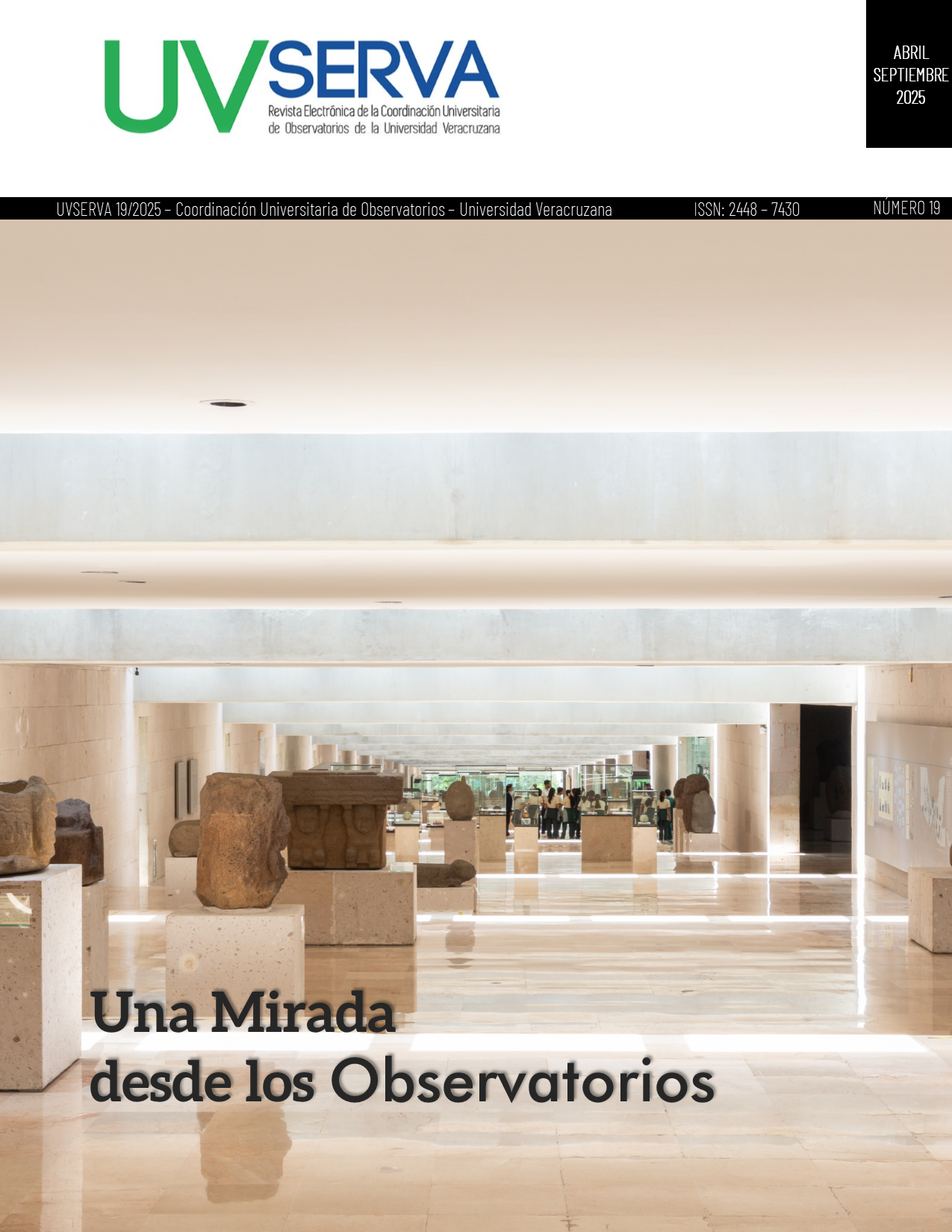Abstract
Monitoring the state of Food and Nutritional Security is important because it allows the identification of trends towards improvement or deterioration in the health status of the population and the impact of strategies or policies in favour of the population. At the Observatory of Food and Nutritional Security (OBSAN) of the Universidad Veracruzana, data were collected with the objective of evaluating the relationship between some indicators of the accessibility pillar as part of the Food and Nutritional Security for the State of Veracruz, taking into consideration a period of time from 2018 to 2020. Seven indicators of the accessibility pillar were reviewed, which were those found available in the OBSAN for the year 2020. It was an analytical cross-sectional design using Instan Atlas software, and the coefficient of determination or R-squared was used as a correlation measure. The main findings were that a large part of the elderly population receives a universal pension, and that there is a relationship between the social backwardness index and people living in poverty and extreme poverty, but there is no correlation between poverty reduction and the number of beneficiaries of a universal pension, which was the indicator with the most data in the Observatory. It was concluded that there is no trend towards food insecurity up to 2020, but other indicators that would provide certainty, such as the cost of the basic food basket or food expenditure, were not correlated.
References
Barboza-Carrasco, I., Guillén-Velázquez, J., y Villalobos-López, S. I. (2019). Factores que dificultan el acceso a los alimentos en la población vulnerable del estado de Chiapas. En: J. F. Morales-Barragán, A. Sánchez Almanza, C. V. HERRERA, D. A. Tello Y J. E. Isaac-Egurrola (Eds.), Abordajes teóricos, impactos externos, políticas públicas y dinámica económica en el desarrollo regional (Vol. I, pp. 489-503). Universidad Nacional Autónoma de México y Asociación Mexicana de Ciencias para el Desarrollo Regional A.C, Coeditores. https://ru.iiec.unam.mx/4674/
CONEVAL. (2021). Pobreza en México. https://tinyurl.com/4yee54h8
FAO (2022) Hambre e inseguridad alimentaria. https://www.fao.org/hunger/es
FAO. (1996). Cumbre mundial sobre la alimentación. https://www.fao.org/4/w3548s /w3548s00.htm
Figueroa-Pedraza, D. (2005). Acceso a los alimentos como factor determinante de la seguridad alimentaria y nutricional y sus representaciones en Brasil. Revista Costarricense de Salud Pública, 14(27), 77-86. https://tinyurl.com/53wfyrk4
Godínez-García, L. F., López Galindo, L. K. I., y Álvarez Ramírez, M. M. (2019). Análisis de indicadores de disponibilidad y accesibilidad alimentaria en el municipio de Xalapa. UVserva, (7). https://doi.org/10.25009/uvs.v0i7.2601
Mundo-Rosas, V., Unar-Munguía, M., Hernández, M., Pérez-Escamilla, R., y Shamah-Levy, T. (2019). La seguridad alimentaria en los hogares en pobreza de México: una mirada desde el acceso, la disponibilidad y el consumo. Salud Pública de México, 61(6), 866-875. https://doi.org/10.21149/10579
OPS. (2010). Seguridad alimentaria y nutricional. https://tinyurl.com/ytakbdde
Ramos-Peña, E. G., Salas-García, R., Nuñez-Rocha, G. M., y Ramírez-López, E. (2018). Alimentación y pobreza por carencia de acceso a los alimentos en población del noreste de México. RESPYN Revista Salud Pública Y Nutrición, 17(2), 11–17. https://doi.org/10.29105/respyn17.2-2

This work is licensed under a Creative Commons Attribution-NonCommercial 4.0 International License.
Copyright (c) 2025 Guadalupe Olalde Libreros


